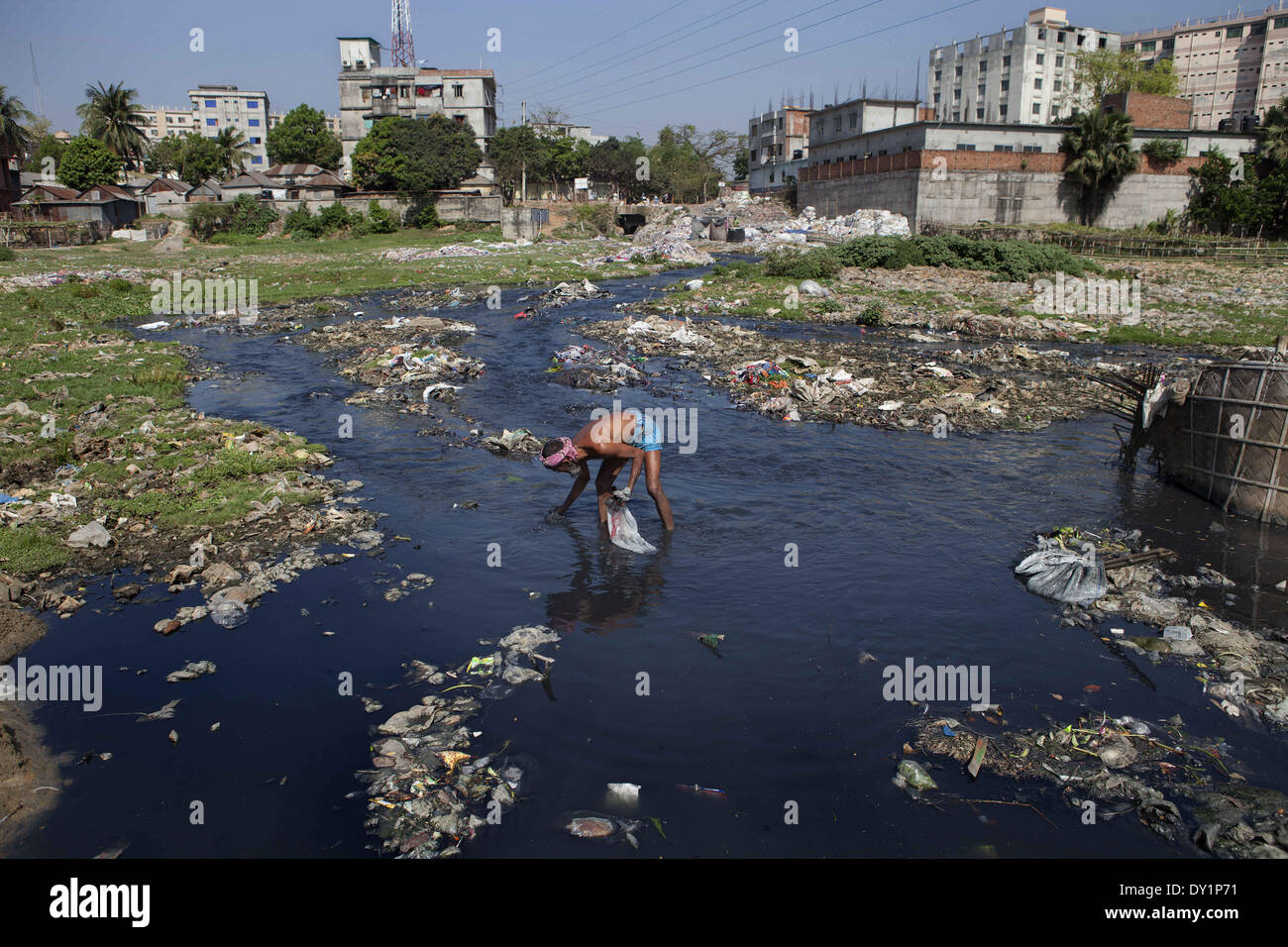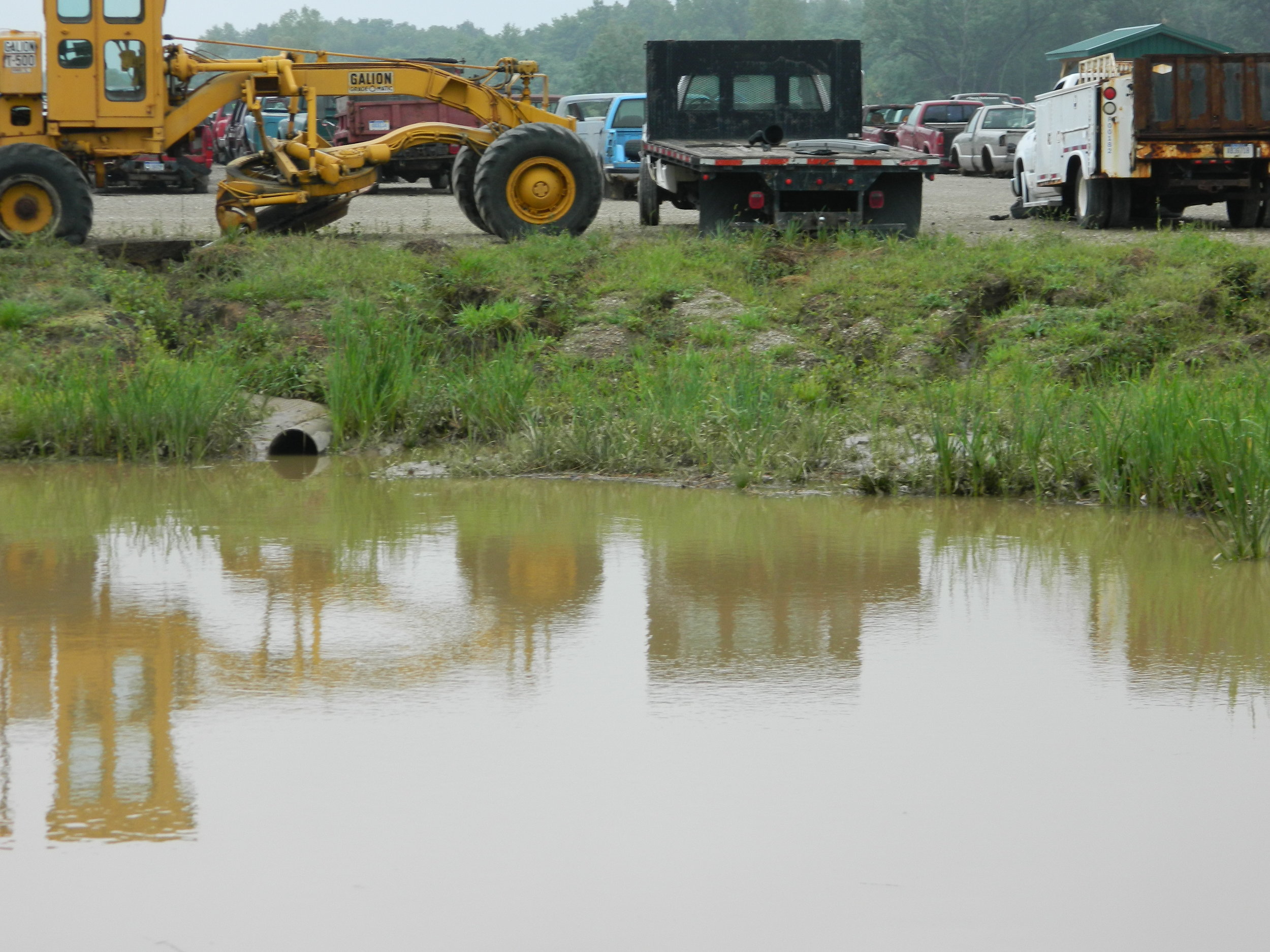Recognizing the Comprehensive Process of Liquid Waste Disposal: Ideal Practices and Environmental Effect Factors To Consider
The monitoring of liquid garbage disposal is a complex issue that requires a thorough understanding of various best practices and their associated ecological influences. From the types of fluid waste generated to the approaches used for collection, treatment, and final disposal, each action plays an important role in securing ecosystems and public health. As regulative requirements develop and modern technology developments, the conversation around these processes becomes increasingly significant. What implications do these modifications hold for future sustainability initiatives, and just how can stakeholders make sure that they are adequately addressed?
Kinds of Liquid Waste
Understanding the different kinds of fluid waste is vital for reliable management and disposal techniques. Fluid waste can be broadly categorized into several kinds, each calling for unique handling and treatment strategies.
Industrial liquid waste often includes unsafe materials, including hefty metals, solvents, and chemicals, created throughout making procedures. These wastes demand rigorous regulative compliance to secure human wellness and the atmosphere. Residential fluid waste largely describes wastewater created from households, including sewage and greywater, which, although much less hazardous, can still posture considerable threats if improperly taken care of.
Agricultural fluid waste, consisting of overflow from ranches, usually has plant foods and chemicals that can lead to ecological destruction otherwise dealt with adequately. Clinical fluid waste, created from healthcare centers, consists of infected liquids such as physical liquids and chemicals, calling for specialized disposal techniques to avoid infection and environmental contamination.
Finally, oil and grease waste, generally produced by dining establishments and auto sectors, can trigger serious blockages in sewage system systems otherwise handled correctly. Comprehending these categories promotes targeted approaches for treatment, compliance with laws, and reliable disposal techniques, ultimately advertising environmental sustainability and public health safety.

Collection Approaches
Efficient collection methods are critical for the appropriate management of fluid waste, guaranteeing that it is collected safely and effectively prior to therapy or disposal. Various strategies are used depending on the kind of liquid waste created, the volume, and the details qualities of the waste.
One usual method is making use of devoted collection storage tanks or sumps, which are made to catch fluid waste at the source. These systems frequently include pumps that help with the transfer of waste to bigger storage containers or therapy facilities. In addition, mobile collection units furnished with vacuum cleaner technology are utilized in scenarios where waste is generated periodically or in hard-to-reach areas.
For industrial setups, closed-loop systems can efficiently decrease spills and leaks, permitting the recuperation and reuse of liquid waste. It is also necessary to train workers on appropriate collection methods to mitigate risks related to unsafe substances.
Moreover, applying normal upkeep timetables for collection equipment makes certain ideal efficiency and safety. The integration of advanced tracking systems can improve collection effectiveness by supplying real-time information on waste degrees and possible threats. On the whole, reliable collection methods are foundational to lasting liquid waste management practices.
Treatment Processes
Therapy procedures play an essential duty in the monitoring of fluid waste, changing potentially dangerous materials right into recyclable resources or safe effluents - liquid waste disposal. These procedures can be generally categorized right into physical, chemical, and organic techniques, each customized to attend to specific contaminants existing in the waste stream
Physical therapy techniques, such as sedimentation and filtration, job by eliminating suspended solids and particulate matter. These techniques are typically the very first step in the therapy chain, successfully decreasing the load on succeeding processes. Chemical treatments involve using reagents to neutralize harmful materials, precipitate heavy steels, or oxidize organic pollutants, consequently improving the safety of the effluent.
Organic treatment procedures, including turned on sludge systems and anaerobic digestion, exploit on the natural abilities of microbes to deteriorate natural matter. use this link These techniques are specifically effective for wastewater consisting of biodegradable toxins. Advanced therapy technologies, such as membrane layer purification and progressed oxidation processes, are progressively utilized to accomplish higher levels of filtration.
Including a combination of these therapy approaches not only guarantees compliance with regulatory requirements yet additionally promotes ecological sustainability by recovering important resources from fluid waste.
Disposal Options
Just how can companies make certain the liable and secure disposal of fluid waste? Reliable disposal alternatives are critical for protecting public health and wellness and the atmosphere. The main techniques include land treatment, incineration, and disposal complied with by discharge right into local wastewater systems.
Land disposal includes the cautious containment of liquid waste in this link assigned landfills, guaranteeing that it does not seep right into bordering soil or water. Incineration, on the other hand, subjects liquid waste to high temperature levels, transforming it right into ash and gases, which require proper filtration to lessen emissions. This method is appropriate for hazardous wastes that can not be treated with conventional means.
In instances where fluid waste can be dealt with, companies may select organic or chemical therapy procedures to counteract unsafe components before discharging the dealt with effluent into local systems. This course commonly lines up with regulative requirements, making certain that the effluent satisfies security standards.
Inevitably, organizations have to conduct thorough assessments of each disposal option to establish its feasibility, thinking about aspects such as waste composition, governing compliance, and possible risks to health and wellness and the environment. By choosing proper disposal techniques, organizations can add to a liable waste administration technique.
Ecological Influence
The ecological effect of liquid waste disposal is a vital factor to consider for organizations seeking to decrease their eco-friendly footprint. Additionally, the discharge of neglected or inadequately treated waste into surface waters can result in eutrophication, leading to oxygen exhaustion and the subsequent death of fish and various other organisms.

To reduce these impacts, companies need to adopt best techniques such as carrying out extensive waste treatment processes, promoting recycling and reuse, and sticking to regulative criteria. By taking a positive strategy to liquid waste monitoring, entities can substantially reduce their environmental footprint while supporting lasting growth objectives. Ultimately, an extensive understanding of the ecological impacts linked with fluid garbage disposal is vital for notified decision-making and accountable stewardship of natural deposits.
Verdict
Efficient monitoring of liquid waste is important for guarding environmental integrity and public health and wellness. Inevitably, a detailed understanding of fluid waste disposal not just minimizes environmental impacts however additionally promotes a dedication to responsible resource management and environmental stewardship.
The administration of fluid waste disposal is a complex concern that needs a comprehensive understanding of numerous best practices and their linked ecological influences. From the kinds of liquid waste created to the techniques used for collection, treatment, and last disposal, each action plays an important function in guarding ecological communities and public wellness.The ecological effect of liquid waste disposal is an essential factor to consider for companies looking for to minimize their ecological footprint. Inevitably, a comprehensive understanding of the environmental effects connected with liquid waste disposal is important for notified decision-making and responsible stewardship of natural resources.
Ultimately, an extensive understanding of fluid waste disposal not only alleviates environmental influences yet likewise cultivates a commitment to responsible resource management and environmental stewardship.
Comments on “Comprehensive Liquid Waste Disposal: Solutions for Residences and Organizations”